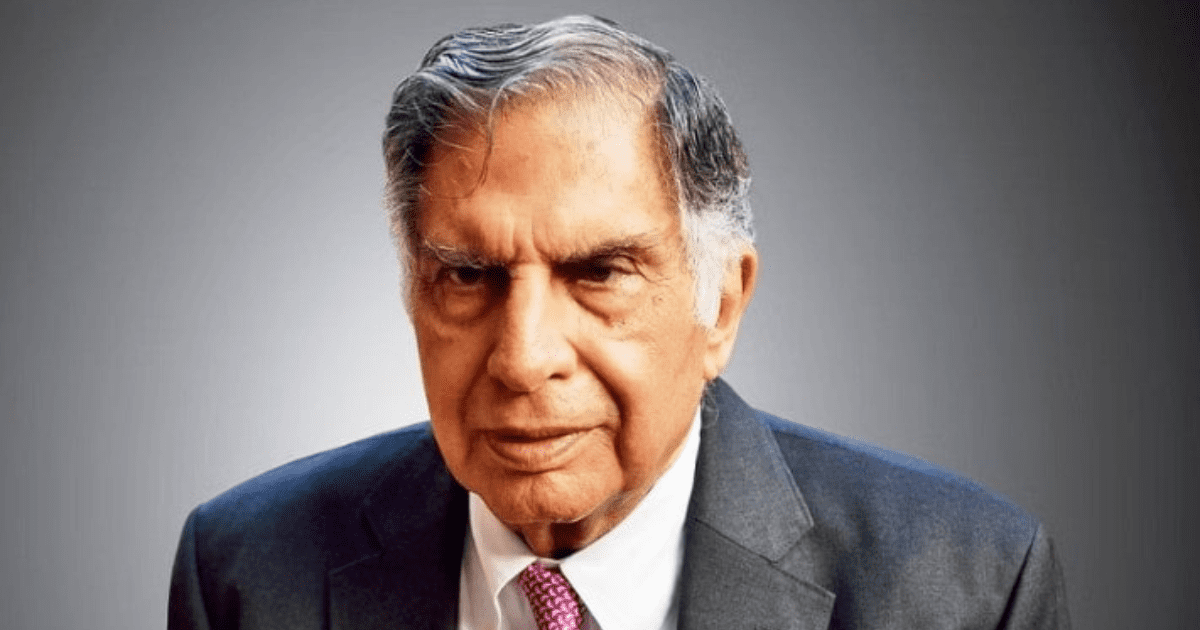Introduction
Ratan Tata Exposes Fake Interview Recommending Investments on Instagram – In today’s digital age, social media platforms have become breeding grounds for misinformation and scams. Even prominent figures like Ratan Tata, veteran industrialist and former Tata Group Chairman, are not immune to such fraudulent activities. Recently, Tata took to Instagram to expose a fake interview that used his name to recommend investments with exaggerated claims of risk-free and 100 percent guaranteed returns. In this article, we will delve into the details of this incident, explore the concept of deepfake videos, and discuss the measures being taken to combat such deceptive practices.
The Fake Interview
On Instagram, Ratan Tata came across a post by a user named Sona Agrawal, featuring a fake interview video that falsely portrayed Tata endorsing certain investment opportunities. The video portrayed Agrawal as Tata’s manager and claimed that viewers could “exaggerate their investment” with a risk-free guarantee of 100 percent returns. The captions accompanying the video further emphasized this enticing offer. Additionally, the video showcased messages from people claiming to have received money in their bank accounts as a result of these investments.
Ratan Tata’s Response
Upon discovering the fake interview, Tata took swift action to debunk the misinformation. He labeled the video as “FAKE” and also highlighted the fraudulent nature of the caption in a screenshot posted on Instagram. By doing so, Tata sought to protect his reputation and alert his followers and the public about the deceptive tactics used on social media platforms.
Deepfake Videos: A Growing Threat
The incident involving Ratan Tata sheds light on the rising concern surrounding deepfake videos. Deepfakes are synthetic media generated using artificial intelligence, enabling the creation of realistic yet fabricated images, videos, or audio that can be challenging to distinguish from genuine content. In this case, the creators of the fake interview video manipulated Tata’s image and voice to deceive viewers and exploit his credibility for personal gain.
Government’s Response to Deepfakes
The Indian government is taking the issue of deepfake videos seriously. Officials have held meetings with social media platforms to review their progress in addressing the deepfake problem. The government has emphasized that the “user harms” identified under the IT rules correspond to provisions in the Indian Penal Code (IPC). Consequently, platforms must take responsibility for tackling these harms, ensuring user awareness of illegal activities, and facing potential criminal consequences for non-compliance.
Zero Tolerance Approach
The government has adopted a “zero tolerance approach” towards user harm caused by deepfake videos and other forms of misinformation. While many social media platforms have demonstrated a proactive approach in addressing these concerns, others have been criticized for their slow response. The government has made it clear that it will not relax its efforts to create a safe and trusted online environment for all Indians.
Ratan Tata’s Previous Clarification
This is not the first time Ratan Tata has addressed misinformation circulating on social media platforms. In a previous post on X (formerly Twitter), Tata refuted false claims related to his involvement in providing suggestions to the International Cricket Council (ICC) regarding fines or rewards for cricketers. Tata urged the public to exercise caution and rely only on information from his official platforms, debunking the spread of WhatsApp forwards and videos misrepresenting him.
The Impact of Fake Interviews
Fake interviews and misleading endorsements have the potential to cause significant harm. By exploiting the trust and credibility associated with well-known figures like Ratan Tata, scammers can manipulate unsuspecting individuals into making risky investments or engaging in fraudulent activities. This incident serves as a reminder of the importance of verifying information and relying on credible sources.
Combating Fake Content
To combat the spread of fake content, individuals and social media users must exercise caution and critical thinking. It is essential to verify the authenticity of information before sharing or acting upon it. Platforms themselves are also taking steps to address the issue by implementing technologies and policies to detect and remove deepfake videos and other forms of misleading content.
Conclusion
The incident involving Ratan Tata’s exposure of a fake interview illustrates the prevalence of deception and misinformation on social media platforms. It serves as a wake-up call for both individuals and platforms to remain vigilant and proactive in identifying and combating fake content. By working together, we can create a safer digital landscape and protect ourselves from falling victim to scams and fraudulent activities.
Disclaimer: The information is only for information purpose only. It is always recommended to consult with certified financial experts before making any investment decisions. Follow busymoneyfreak.com


Hi busymoneyfreak.com admin, Your posts are always well-written and easy to understand.